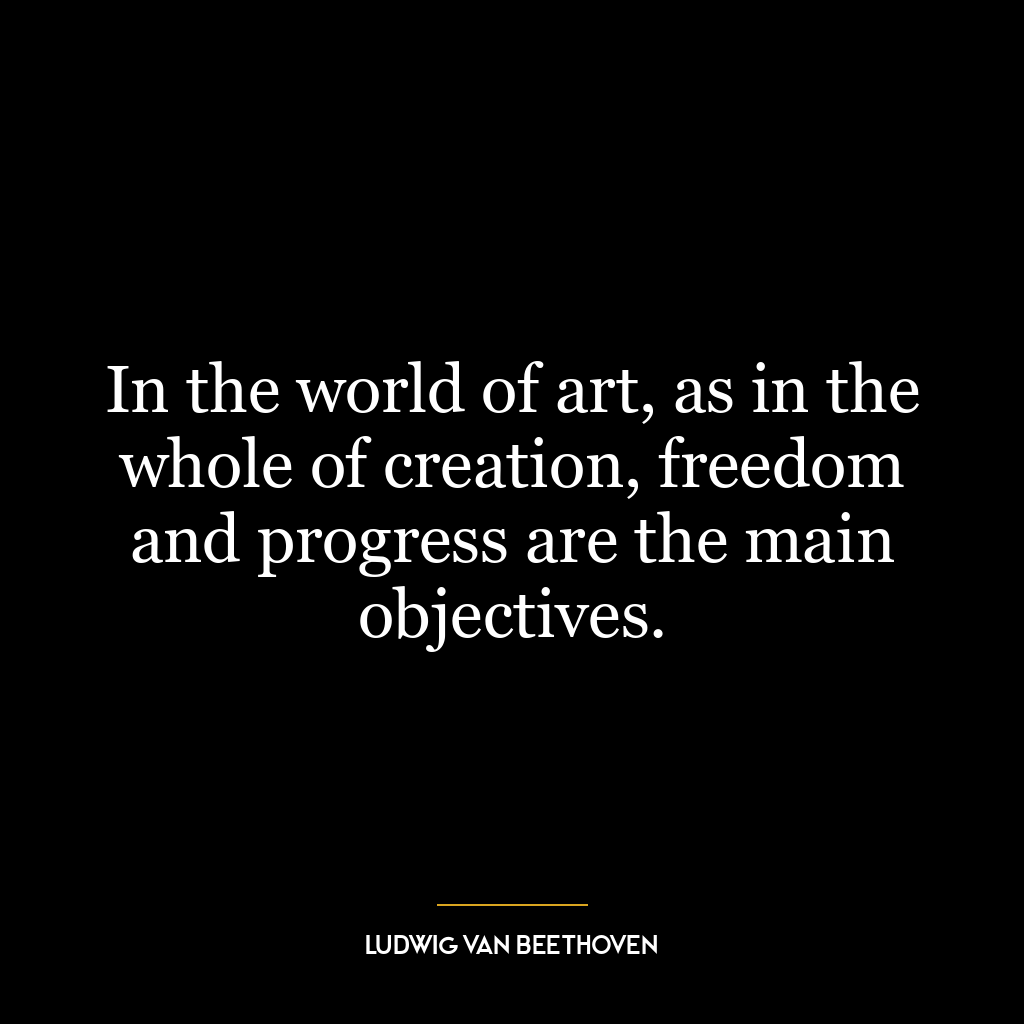This quote by Ralph Waldo Emerson is a profound reflection on the inherent paradox of human nature and morality. On the one hand, we are drawn to virtues such as goodness and honesty, represented here by the act of “not stealing”. On the other hand, we also value our freedom and autonomy, which can be stifled by moralizing or “preaching”. This duality is a constant balancing act within human nature, as we navigate the tension between our moral compass and our desire for independence and self-determination.
In the context of personal development, this quote encourages us to strike a balance between adhering to moral principles and preserving our individuality. While it’s important to respect societal norms and moral standards, it’s equally essential to question, challenge, and not blindly follow these norms. The quote encourages critical thinking and self-reflection.
Applying this to today’s world, we can see this tension playing out in various social and political contexts. For instance, in debates about individual rights versus collective responsibility, or in discussions about freedom of speech versus the harm of hate speech. It’s a reminder that while we should strive for goodness and honesty, we must also protect our freedom and resist the imposition of dogma.
In essence, Emerson’s quote is a call for balanced living – a life in which we respect and uphold moral values, but without losing our individuality and freedom in the process. It’s about finding your own path, your own truth, and your own sense of right and wrong, rather than simply accepting what is handed down or preached to you.















